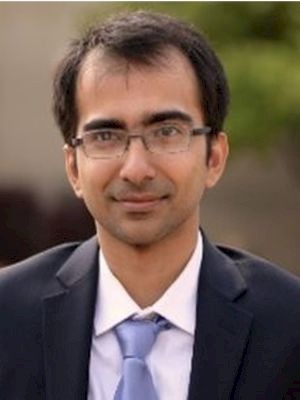Room 406, School of Arts and Sciences
Central Campus

Inference of causality in complex socio-economic systems is a challenging task. Decision-making is dynamic and inter-temporal in nature. The driving role of expectation in economic choices makes it difficult to apply the usual idea of causality in the form of a sequence of observed causes and effects. At the same time, observational data comprising economic environments and choices made suffer from endogeneity in the sense that the external environment affects optimal choices, and choices, in turn, may affect the external environment. In this talk, Professor Chakrabarti will discuss some quasi-random experimental methods that allow us to break the problem of endogeneity and make causal inferences about responses of economic agents in terms of both pecuniary and non-pecuniary factors. In particular, Professor Chakrabarti will describe two such natural experiments using Covid-19 as a shock to study how people’s behavior regarding technological engagement changed. The key takeaway from this discussion would be the nature of data and the design of the quasi-experiments that make it possible to apply such causal inference methods based on observational data.
Anindya S. Chakrabarti is an associate professor in the economics area at the Indian Institute of Management Ahmedabad. He received PhD in economics from Boston University in 2015. He has published in journals such as the Research Policy, Journal of Economic Dynamics and Control, Journal of Environmental Economics and Management, Health Economics, Journal of Economic Behavior and Organization, Quantitative Finance, Review of Development Economics, and Scientific Reports, among others. His main research interests are in economic and financial networks, business cycles, empirical industrial organization, and complex systems. He is currently serving as a co-chairperson of the Brij Disa Center for Data Science and AI, and he is currently the UTI chair professor in macroeconomics at IIM Ahmedabad. He has earlier served as the co-chair of the ePGD program in Advanced Business Analytics at IIMA.